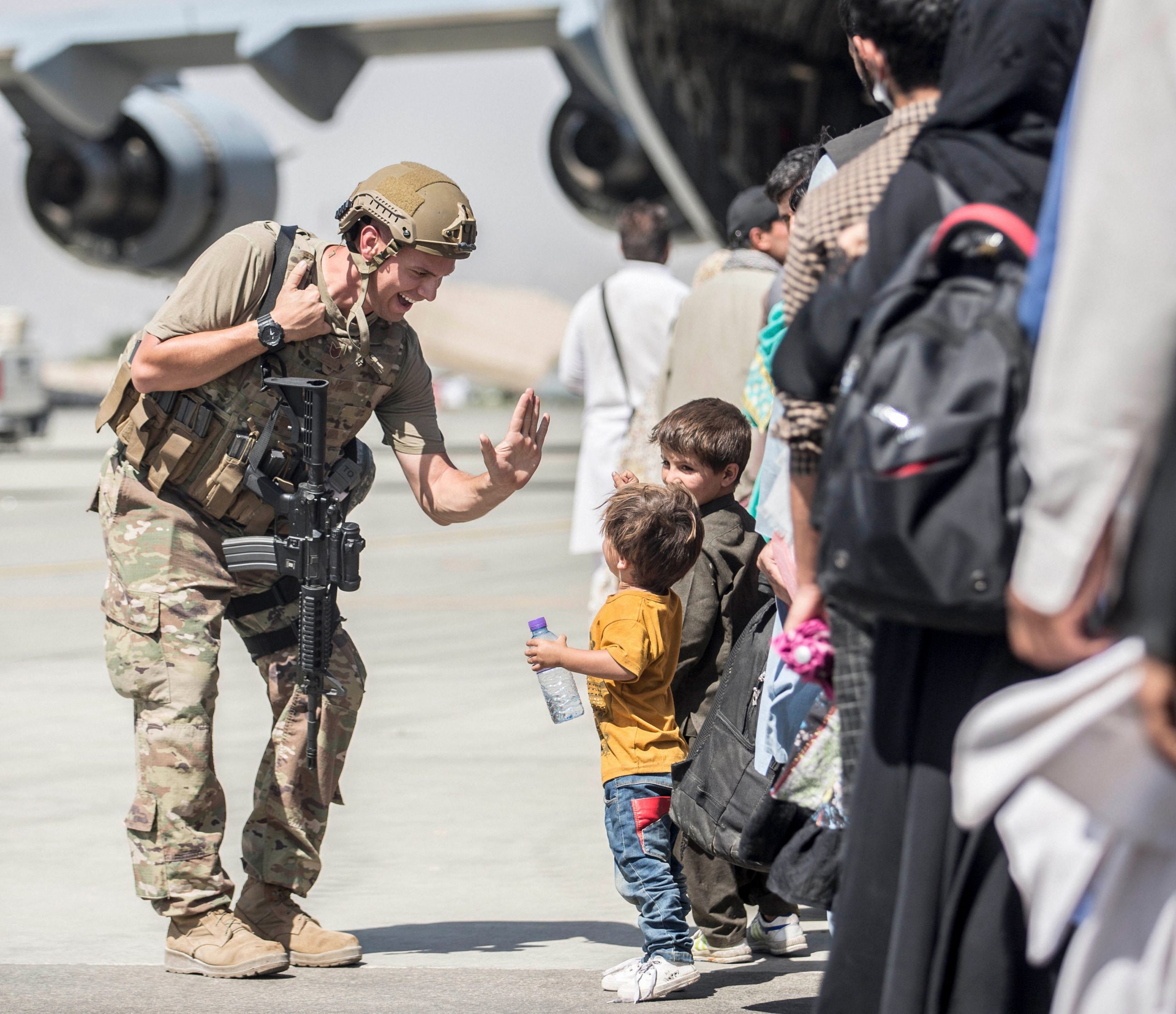COVID vaccinations in Afghanistan have dropped by nearly 80% in
the first week since the Taliban seized power, according to United Nations
agency UNICEF. The agency warned that nearly half of the vaccines that have been
delivered to Afghanistan are nearing their expiry dates. The Taliban took over
power from the western-alliance backed civilian administration, essentially by
force, on August 15.
Also Read | Malala Yousafzai still has a part of skull she lost to Taliban bullets 9 years ago
In the week starting August 15, 30,500 people had received
vaccines against COVID-19 in 23 out of the 34 provinces in Afghanistan. The
week before that, 134,600 people received vaccines in 30 provinces, according
to data provided by UNICEF. In Afghanistan, it is the UNICEF that coordinates
rollout of COVID-19 shots distributed by the World Health Organization (WHO)
through the Covax programme.
Also Read | COVID protection waning in double jabbed people: Study
“The drop is understandable, as in situations of chaos, conflict
and emergency, people will prioritise their safety and security first,” the
UNICEF spokesperson said, adding that the UN agency has been calling on Afghan
healthcare workers to return to work. The UNICEF spokesperson declined to
comment on whether the drop in vaccinations was a result of Taliban’s takeover,
reports Reuters.
Also Read | Children recover from COVID quickly, less prone to long-lasting symptoms: Study
Around two million doses of the Johnson & Johnson COVID-19
vaccine are currently in Afghanistan. Nearly half of them are scheduled to
expire in November, according to the UNICEF spokesperson. So far, 1.2 million doses
of COVID-19 vaccines have been administered in Afghanistan, WHO data show. This
is only a fraction of the 40-million strong Afghan population.
Also Read | Pakistan reports surge in COVID-19 infections, deaths
Gavi, the organisation that leads the Covax programme and
supplies vaccines to countries which struggle to obtain them, said that it has
sent four million vaccines to Afghanistan so far. “Our priority today is to
work with UNICEF and WHO country offices to ensure our ability to continue the
country’s COVID-19 vaccination programme,” a Gavi spokesperson told Reuters.
While none of the international groups have attributed blame on
the Taliban for the slowing rate of vaccinations, reports are doing the rounds
about Taliban having banned COVID vaccination in the Paktia region of
Afghanistan, according to Hindustan Times.







